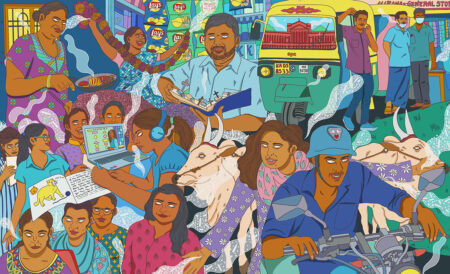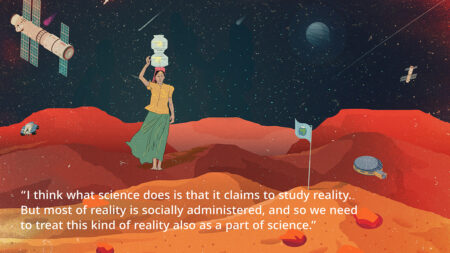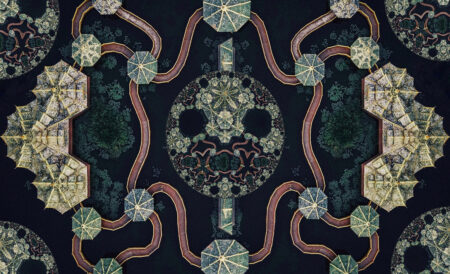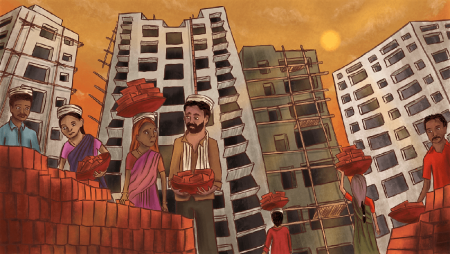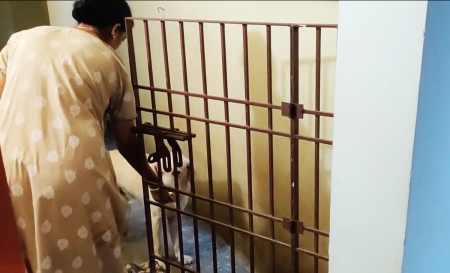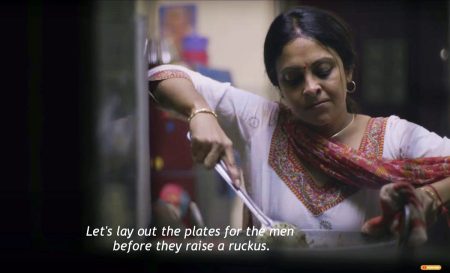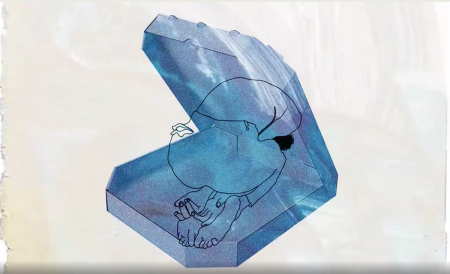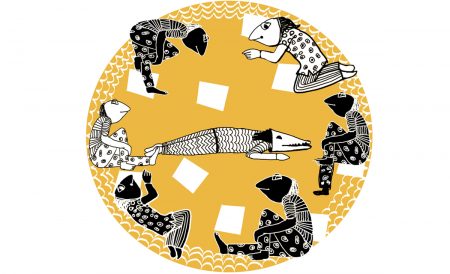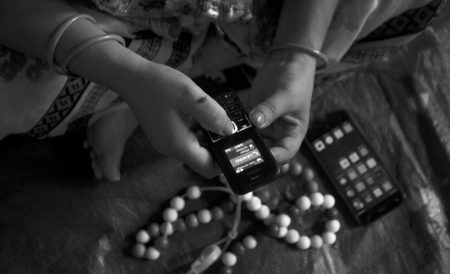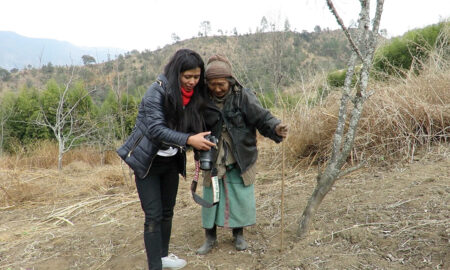
How a school for wildlife filmmakers in Assam has become a place to rethink ideas of conservation.
Since December of 2014, The Green Hub in Tezpur, Assam, has turned teachers, forest guards, footballers, field guides, students and youth-at-large, from across the varied landscapes of the north east of India, into documentary filmmakers.


